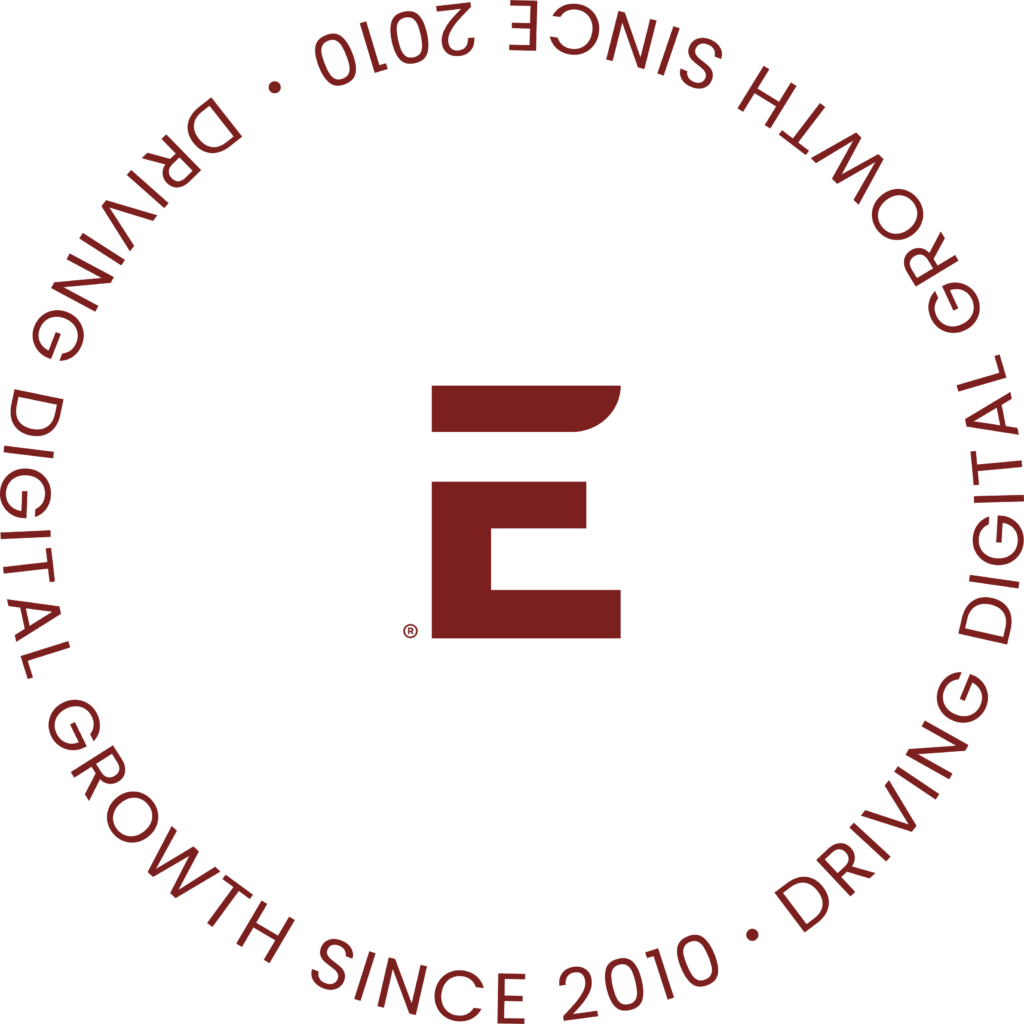Sustainability
In order to build maximum long-term value creation, eEquity is convinced that it is of utmost importance to consider the environmental, social and governance implications of our investments and also influence our portfolio companies to act in a socially responsible manner.





